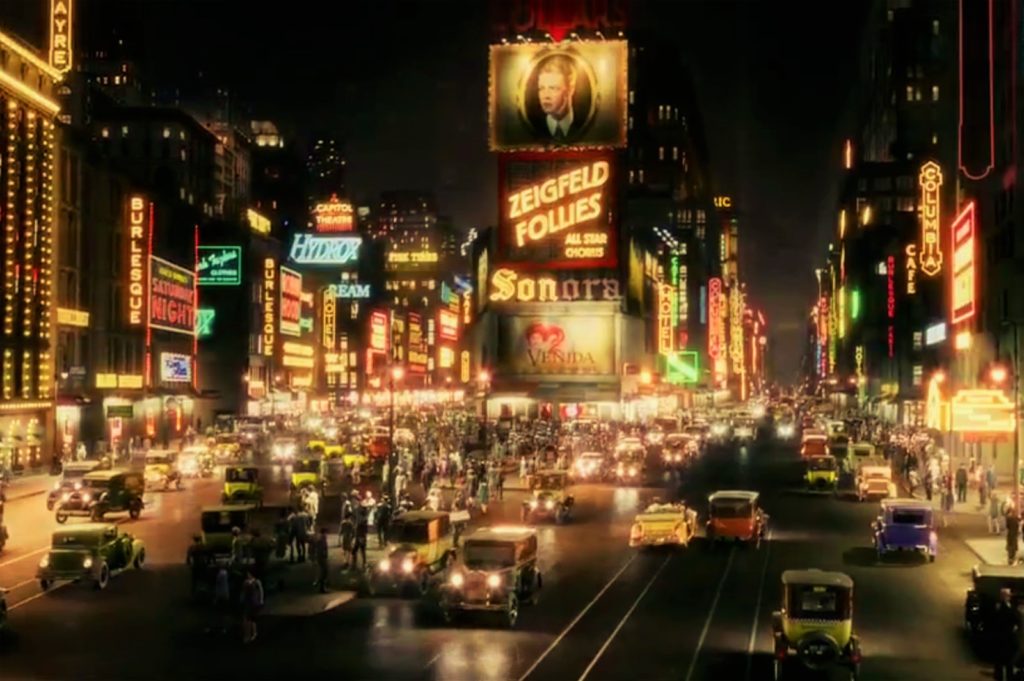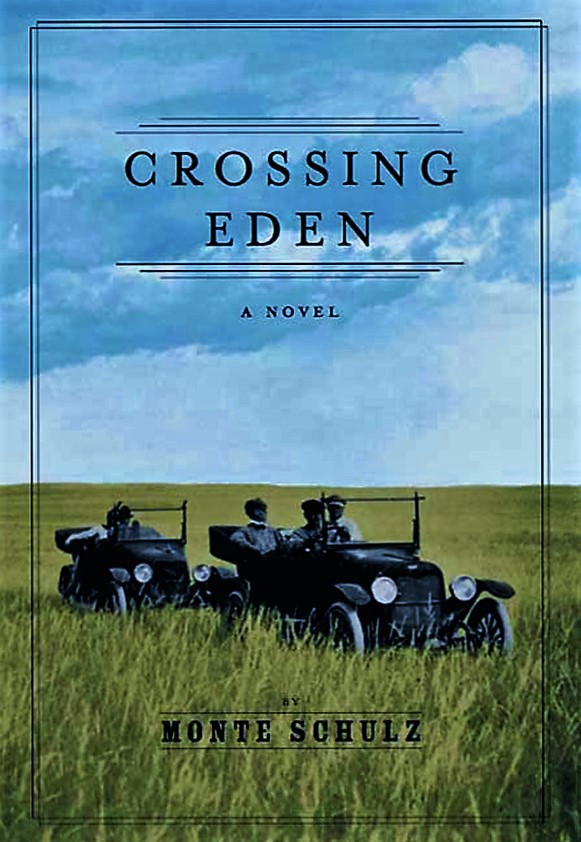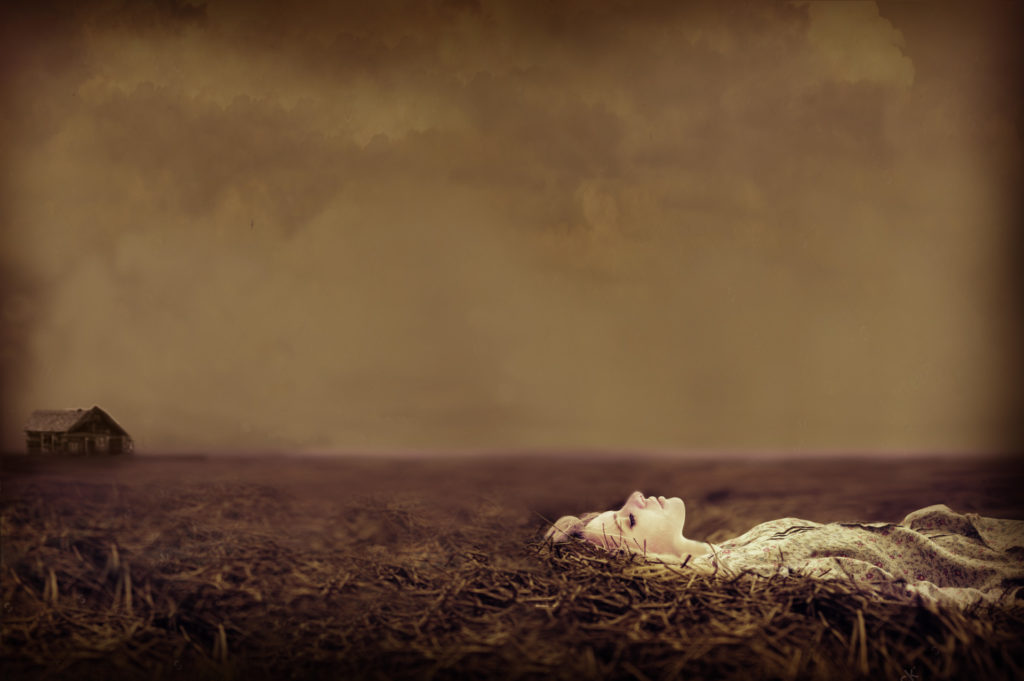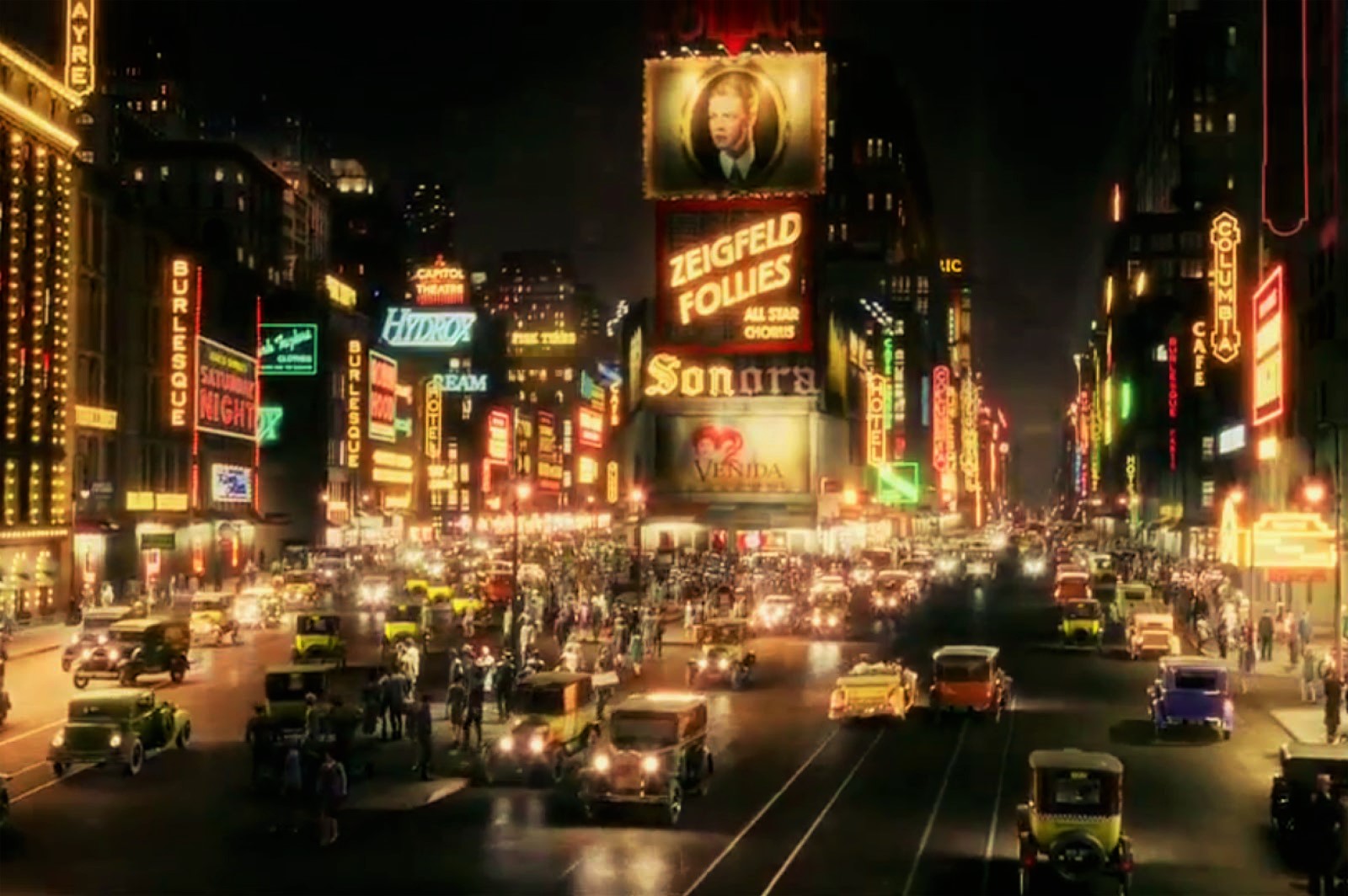Monte Schulz literary novel Crossing Eden (Fantagraphics Books), sweeps across the Midwestern U.S. landscape through the story of a family pulled apart in the Jazz Age summer of 1929. A failed businessman, seduced by city lights and the dream of wealth and power, divides himself from his wife and children, while a troubled farm boy runs away from home in the company of a gangster.


Monte Schulz: Family Breakdown in a 1920s Time Machine
Who among us is not born to tragedy and sorrow? Love withers and our hearts dry up. Who wakes each morning unaware of this? — Crossing Eden
Monte Schulz, with bracing prose and mesmerizing historical detail, illuminates a nation spinning through the last months of the modernist turbulence of the Roaring Twenties. His characters embody the dark and light of the decade that glittered with financial exuberance and industrial excess (with some parallels to today), fueled by illogical “American-Dream” optimism, and tempered by the fear of reality: disease, divorce, death. Set equally among the states along the Middle Border, in a small East Texas town, and in a great gleaming metropolis, Crossing Eden chronicles the Pendergast family of Farrington, Illinois, cast apart by circumstance into the early 20th century landscape.
Small-town dreamer Harry Hennesey wants to be a great man, but faces big business decadence in an Art-Deco-skyscraper-studded trap. After sending his wife and kids from their home in Illinois to suffer his mistrusting and racially-charged East Texas hometown, he heads into the speakeasies with his flapper mistress. The ambitious and multifaceted portrait, steeped in wise-guy-dialect and 20’s memorabilia, is both tragic and beautiful.
“There are ten million men in America lacking the gumption they need to get out there and earn enough to feed their own children, and most of them spend more time dreaming up slipslop schemes for gouging their fellow man than pounding the sidewalk for an honest dollar. And don’t for one second think that men like myself don’t notice it, either. There’s a view from the top drawer not many of you have a clue about. We’re up here and you’re down there, and it’s how things have been since Moses was in diapers.” — Millionaire Charles A. Follette in “Crossing Eden”

Alvin Pendergast, a naive and consumptive farm boy, heads out across the rural Midwestern towns in the clutches of gangster and serial killer Chester Burke, with a mad-dwarf named Rascal as a side-kick. Murders and bank robberies happen at the hand of Chester, while the other two misfits band together in their Americana-obliviousness, navigating séances, tent shows, and a colossal circus. No one escapes unscathed.
“If truth be told, it is companionship, more than faith, that ties us to heaven.” — Crossing Eden


This vividly ambitious creation has been called a “Great American Novel,” mostly because Mr. Schulz, the son of the fabulous Peanuts cartoonist Charles M. Schulz, spent more than a decade honing this sprawling tapestry impressively rendered by Fantagraphics. The result celebrates and mourns the U.S. experience in an age of transition from rural to urban, with the country perched on the precipice of the Great Depression. It has overtones of F. Scott Fitzgerald‘s “Great Gatsby,” flavors of Flannery O’Connor’s Southern Gothic tradition, a touch of the prosaic style of James Jones (From Here to Eternity), and reminiscent of the landscape illustration powers of Denis Johnson.
Monte Schulz received his M.A. in American Studies from UCSB. He published his first novel, Down by the River, in 1990, and spent the next twelve years writing a novel of the Jazz Age, now available as one omnibus collection of the Roaring Twenties Trilogy in Crossing Eden. He wrote it for his father, the late cartoonist, Charles M. Schulz. His most recent book is Metropolis, also published by Fantagraphics.










Pingback: Monte Schulz – Author